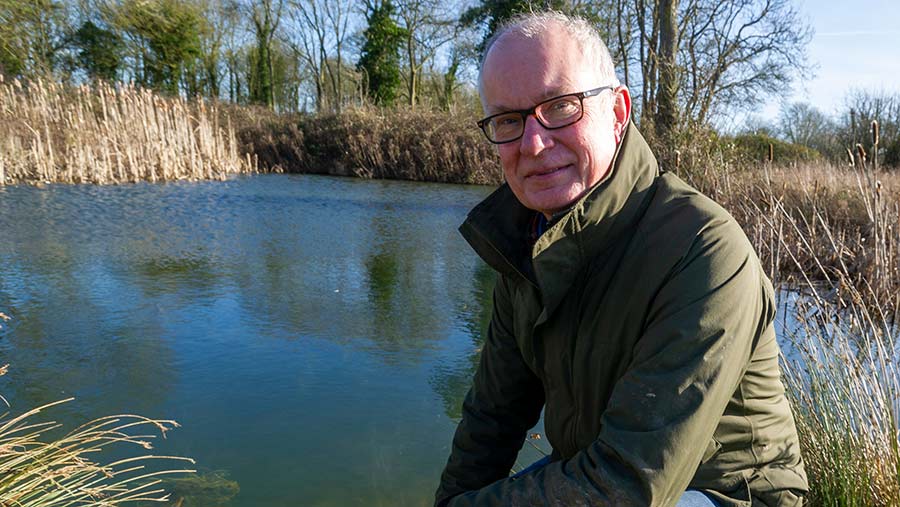Farmer Focus: Findings from a 10-day farm tour in Senegal
 John Pawsey © Jason Bye
John Pawsey © Jason Bye The lack of farming activity at Shimpling Park Farm due to unhelpful weather has continued since my January contribution.
For the second month I will have to resort to extra curricular activities to keep you entertained until spring sowing is underway.
See also: How foliar nutrition can kickstart crops and cut costs
For the last 10 days I have been touring Sénégal with a group of people with various nature, farming, food and retail interests.
We visited nature reserves and two farms who send vegetables to the UK, grown over 2,500 miles away, while at the same time supporting local Sénégalise communities.
The two farms produce green beans, spring onions, onions, radishes and sweet corn, all of which are primarily exported to our own major supermarkets. This fills the seasonal gap for their own home-grown offering.
Both producers focused on the West coast of Africa because it allowed sea freight rather than air to get fresh produce onto our shelves at a lower carbon footprint.
They both used pivot irrigation systems to water their crops from an apparent plentiful fresh water supply fed by the Maka-Diama Dam.
Both farms had built schools for the growing local communities attracted by work and better pay in an area that previously supplied little prospect of a sustained income.
Both provided free healthcare at surgeries built on the farm, and one farm is building a second surgery in the village.
Other benefits included the construction of a water supply for local Sénégalise farmers to grow food for their own communities, and giving away any green waste from the operations to feed local cattle.
One farm had rewilded the unused areas between the concentric circular fields, resulting in numerous bird species thriving.
I did not have enough time or information to understand all of the positive and negative trade-offs of either operation, but what it did reveal is that it’s more complicated that I first thought.
We all should be eating fresh, local, seasonal (preferably organic) veg, but if you insist on wanting green beans in February, I know some nice people who can help.


